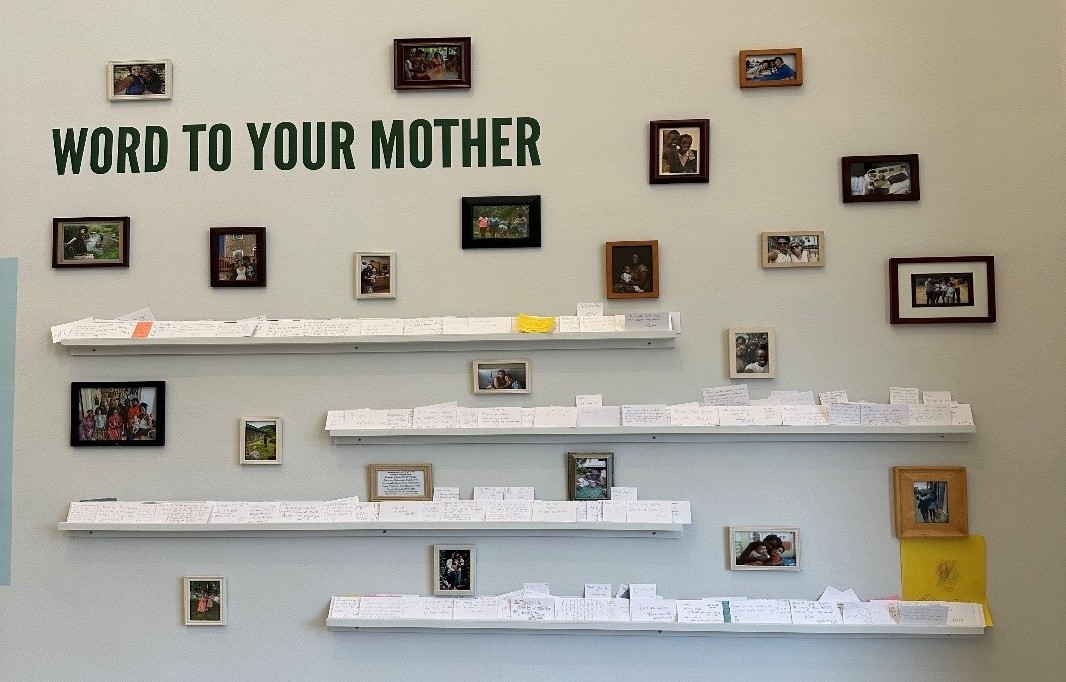Security in Iraq is “horrible” and the troop surge is a “failure,” U.S. Rep. Jan Schakowsky (D-9th District) said at a Town Hall meeting last weekend on the city’s North Side. Back from a visit to the Middle East earlier this month, Schakowsky told the crowd of about 300 she’s convinced the U.S. should get out of Iraq.
As a consistent critic of the Iraq war and a new member of the House Intelligence Committee, Schakowsky said it was important to see the region for herself. She headed the delegation, which included four Republicans and two Democrats, and said it was very contained and the messages very controlled.
“My experience in the region convinced me more than ever that we must get out of Iraq, that we have to set up deadlines to withdraw our troops, that we will never win someone else’s civil and religious war, and that the U.S. occupation continues to be a large part of the problem and not the solution,” she said.
Despite an “enthusiastic PR campaign,” Schakowsky said the surge is a failure. It was supposed to create space, she said, so that political forces within Iraq could come together and actually run the country. Instead, she recited a list of troops and civilians killed during one day of their visit.
“The purpose of the surge was defined as reducing the violence to create a secure enough environment for progress to be made on key political benchmarks,” Schakowsky said. “But I learned first-hand that Iraq is further from that (goal) than ever.”
For example, she said Prime Minister Allawi pulled his people out of the government the night before the delegation arrived and six prominent Sunnis had already left the cabinet. And she was told by the deputy prime minister that political reconciliation would not happen any time soon, not this September nor next.
As for security, she said Baghdad was so dangerous that the congressional delegation could not drive anywhere. They had to be heavily guarded, wear full body armor and travel via Blackhawk helicopter because it was too dangerous on the ground.
Most disturbing of all, Schakowsky said, were the comments of Gen. David H. Petraeus, whom they met for lunch in a “very nice home.” Her lunch invitation was engraved and the menu included lobster tortellini, she said, despite being in the middle of a war zone.
“We asked about the situation outside for real people,” Schakowsky said. “The electricity was in such bad supply that it couldn’t even supply pumps for water. It is 120 degrees, and for regular people living there, not only the danger, but the lack of water and sanitation.”
Besides focusing on the “good news,” she said the general, who is preparing the highly anticipated progress report for Congress next month, also wanted to be honest about Iraq.
“He (Gen. Petraeus) told us we would be in Iraq for nine or 10 years,” Schakowsky said. “Nine or 10 years.”
In the September report, Schakowsky said she anticipates a key theme to be Al Qaeda and that “Al Qaeda in Iraq is on the run.” But “Al Qaeda in Iraq only formed after the occupation by the United States,” she said.
Besides the security and sanitation situations, Schakowsky said there is a humanitarian crisis with the growing number of internally displaced people and refugees. US AID estimates 2 million people are internally displaced, she said, and another 2 million went to Jordan and Syria.
“Later refugees that fled the country are having a terrible time,” she said. “Women are having to go into prostitution to save their families, and there are terrible conditions in the camps.”
To increase the number of Iraqis allowed into the United States, Schakowsky co-sponsored The Responsibility to Iraqi Refugees Act of 2007 (H.R. 2265). If passed, it would provide special immigration status for Iraqis, particularly those that aided the U.S. or those with legitimate fears of persecution or violence.
From a source at the U.S. Department of Labor that handles insurance claims, Schakowsky learned that 1,001 private contractors have been killed in Iraq. In addition to being a cost to taxpayers, the congresswoman expressed her ongoing concern for outsourcing military functions to companies such as Blackwater, which has a training facility in Mount Carroll, Ill.
“When you hear 3,600-plus (U.S. soldiers) were killed in Iraq, you’d better add at least 1,000,” she said. “And we have no record of the hundreds of thousands perhaps of Iraqis who have died as a consequence of this war.”
Besides a lack of clear oversight for private contractors, Schakowsky said these contractors are hired as translators, prison guards, interpreters and – most recently – gatherers of intelligence.
“We know that all the translators, interpreters and half the guards at Abu Ghraib (prison) were private contractors,” she said. “We have never had a major conversation about this issue of military contractors.”
Every hour, the U.S. is spending about $12 million on the war, Schakowsky said, and if you add in all the costs, the total comes to about $1 trillion.
“All these dollars just bleeding, literally bleeding, out of our country could be so much better spent,” she said. “They’re buying death and destruction. They’re making us less secure. And there is no justification for that.”
Categories:
Global Public
Tags:
congress iraq jan schakowsky






Be First to Comment